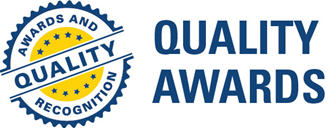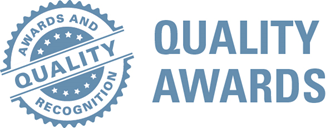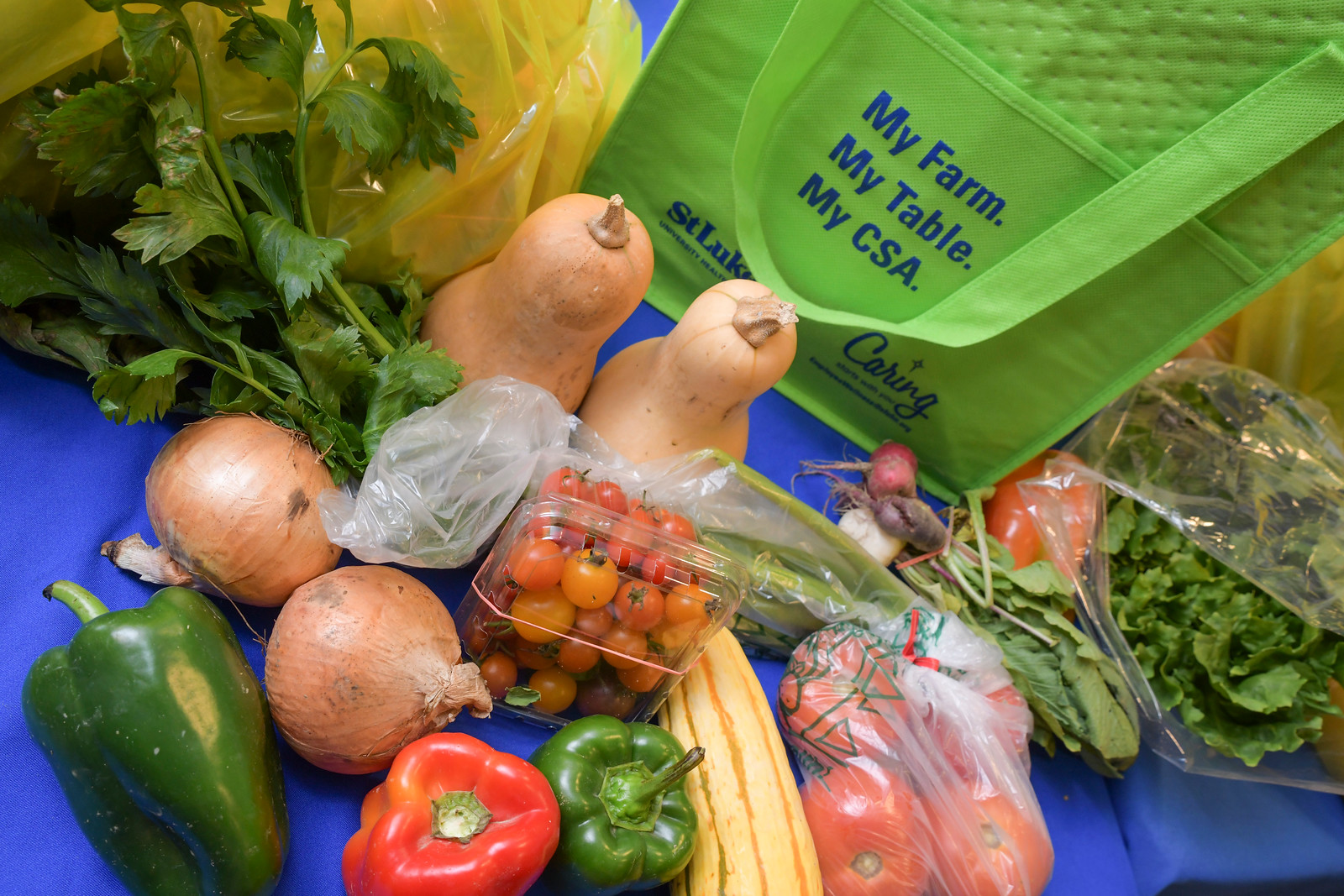

 Quality Awards
Quality Awards

St. Luke's University Health Network (SLUHN) employees looking to eat healthy have a convenient and bountiful option. The Community Supported Agriculture (CSA) Program is open to Network employees, spouses and family members whose memberships support participating local farms. In turn, the farms provide members with shares of seasonal produce each week throughout the farming season.
This year, the SLUHN CSA Program has more than 500 members and runs from June to October. All fees collected are paid to the farmers.
"As the Network has grown, so has the CSA program," says Amy E. Previato, MPH, CHES, DipACLM Network Director, SLUHN Employee Wellness, Department of Community Health and Preventive Medicine. "Over the program's seven years, it has gone from one farmer serving three locations to eight farmers serving 19 different sites each week. We are proud that in 2020, the program's all-time revenue has surpassed $1 million dollars!"
Weekly CSA deliveries are made to the 19 sites for the 20-week program (it runs for 12 weeks at Miners Campus). Tables are set up at the sites for weekly distribution. The members receive two weekly reminders to pick up their shares; the emails include farm newsletters and recipes.
"The CSA pickup is a good diversion from the stresses of the day for the members," Previato says.
They get excited to pick up their bags. We frequently hear feedback like, ‘This is my favorite day of the week!' or ‘Every CSA day feels like Christmas.' There is tremendous enthusiasm and camaraderie."
The SLUHN CSA Program identifies, interviews and selectively partners with farmers who have the capacity to work within a CSA that's part of a large health care Network.
"We look for farmers who utilize organic growing practices, who are located near the campus or distribution site, and who have the capacity for growth in their business," she notes.
The program offers benefits to all of its key stakeholders.
"First, let's talk about health!" Previato says. "According to the CDC, eating a diet rich in fruits and vegetables daily can help reduce the risk of many leading causes of illness and death, including heart disease, Type 2 diabetes, some cancers, and obesity."
Previato explains that St. Luke's Employee Wellness Program includes an annual health assessment that asks employees about their lifestyles – what they do and don't do on a regular basis – including things like nutrition, physical activity, sleep, stress management, and more.
"We use the data to design programs that help our employees and their families maintain and improve their health," she says.
"One thing we've learned is that we have the opportunity to help our employees increase the number of fruits and vegetables they eat. The CSA program promotes convenient access to fresh, local produce each week, making it easy for our employees to make healthy choices."
Secondly, Previato explains that farmers benefit from the Network's support of the local food economy.
"All money generated from the purchase of produce shares is passed directly into the pockets of the local farmers," she points out.
"The St. Luke's Rodale Institute Organic Farm [https://www.slhn.org/wellnow/nutrition/farm-produce] also provides CSA shares for the program, in addition to distributing organic produce to all of the SLUHN cafeterias for use in the preparation of patient meals and cafeteria meals served to employees and the community."
The SLUHN CSA Program has also developed partnerships with soup kitchens and food pantries in the communities near each distribution site so that unclaimed shares of fruits and vegetables are donated to them each week.
"This grants food access to some of our neediest and food insecure community members," Previato says.
The SLUHN CSA program – which is led by a team of health educators, several of whom are Board Certified in Lifestyle Medicine – is meeting its goals.
"Our department helps employees maintain and improve their health and health behaviors, and creates and fosters a culture of health within the organization," Previato says.
"We have seen positive trends in the health risks in our population. We now meet or exceed seven Healthy People 2020 goals, including high blood pressure, high cholesterol, poorly controlled diabetes, and tobacco use," she explains.
"In addition, we have also seen tremendous buy-in from staff, and interest from new employees and medical residents. We enjoy supporting our members through the growing season, sharing recipes and ways to preserve veggies for the winter. And we love that they support the program, the farmers and their community."
Sam Kennedy, Corporate Communications Director, 484-526-4134, samuel.kennedy@sluhn.org
Founded in 1872, St. Luke's University Health Network (SLUHN) is a fully integrated, regional, non-profit network of more than 16,000 employees providing services at 12 hospitals and 300 outpatient sites. With annual net revenue greater than $2 billion, the Network's service area includes 11 counties: Lehigh, Northampton, Berks, Bucks, Carbon, Montgomery, Monroe, Schuylkill and Luzerne counties in Pennsylvania and Warren and Hunterdon counties in New Jersey. Dedicated to advancing medical education, St. Luke's is the preeminent teaching hospital in central-eastern Pennsylvania. In partnership with Temple University, St. Luke's created the Lehigh Valley's first and only regional medical school campus. It also operates the nation's longest continuously operating School of Nursing, established in 1884, and 38 fully accredited graduate medical educational programs with 347 residents and fellows. St. Luke's is the only Lehigh Valley-based health care system with Medicare's five- and four-star ratings (the highest) for quality, efficiency and patient satisfaction. St. Luke's is both a Leapfrog Group and Healthgrades Top Hospital and a Newsweek World's Best Hospital. In 2020, three of IBM Watson Health's 100 Top Hospitals were St. Luke's hospitals. St. Luke's University Hospital has earned the 100 Top Major Teaching Hospital designation from IBM Watson Health eight times total and six years in a row. St. Luke's has also been cited by IBM Watson Health as a 50 Top Cardiovascular Program. Utilizing the Epic electronic medical record (EMR) system for both inpatient and outpatient services, the Network is a multi-year recipient of the Most Wired award recognizing the breadth of the SLUHN's information technology applications such as telehealth, online scheduling and online pricing information. St. Luke's is also recognized as one of the state's lowest cost providers.